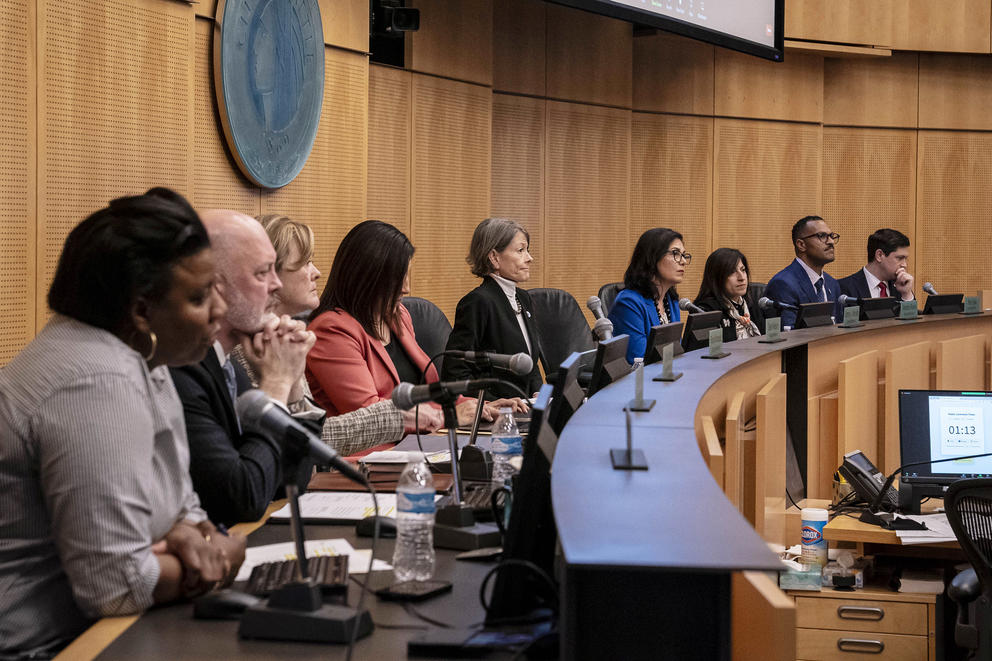The Washington Legislative Ethics Board has fined state Sen. Manka Dhingra, D-Redmond, $250 for using public resources at a speaking event where she urged people to register to vote and support pro-abortion candidates.
Dhingra, who is running for state attorney general, must also pay back $92.43 in mileage expenses for the June 2022 news conference in Olympia with Gov. Jay Inslee and others to discuss the U.S. Supreme Court’s overturning of Roe v. Wade the day prior, according to the board’s ruling.
The ruling by the board – which helps enforce the state Ethics in Public Service Act – came after complaints against several state lawmakers and Inslee for speaking at two events related to reproductive healthcare after the court’s ruling last year in Dobbs.
The public resources used in the June event included a loudspeaker system and podium from the state Department of Enterprises Services, which among other things oversees the Capitol campus. For various reasons, the other legislators cleared elements of a seven-factor test used to decide whether an elected official is heeding the law.
In a statement, Dhingra pointed out that the Ethics Board has never previously made a ruling on the use of resources by a lawmaker of another state agency, such as Enterprise Services.
“The governor invited me and several other key legislators to this press conference in my capacity as a state senator, to comment on the state response to the Dobbs decision,” she said in prepared remarks. “At that time, ethics rules allowed for mileage reimbursement for official events such as this one. With the rules now changed retroactively, I will be reimbursing the Senate for mileage expenses incurred for this event.”










